Yes, dried herbs do expire in terms of losing flavor and potency, but they don't spoil like fresh food. According to the USDA Food Safety and Inspection Service, properly stored dried herbs typically maintain peak quality for 1-2 years. While they remain safe to consume, their flavor diminishes over time. Here's what you need to know to ensure your herbs stay fresh and flavorful.
Table of Contents
How Long Do Dried Herbs Last? USDA Guidelines Explained
According to the USDA Food Safety and Inspection Service, dried herbs don't "expire" in the traditional sense but lose potency over time. Most maintain peak quality for 1-2 years when stored properly. Hardier herbs like oregano, thyme, and rosemary can last up to 3 years, while delicate herbs like basil and parsley typically last 6-12 months. The key factor is moisture content—drying removes water to prevent bacterial growth, but volatile oils degrade when exposed to light, heat, air, or humidity.
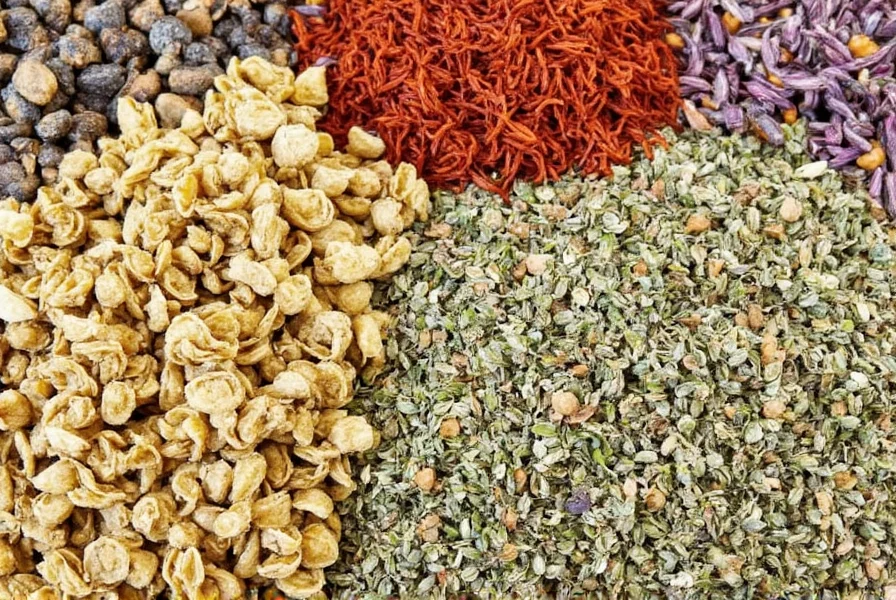
The Science Behind Herb Degradation
Herb degradation occurs due to four environmental factors, as confirmed by USDA food science research:
- Light exposure: UV rays break down essential oils and pigments. The USDA recommends storing herbs in opaque containers.
- Heat: Temperatures above 70°F (21°C) accelerate oil breakdown. Keep herbs away from stovetops or ovens.
- Moisture: Humidity above 60% causes clumping or mold. The USDA states dried herbs must remain below 10% moisture content.
- Oxygen: Air exposure oxidizes compounds. Vacuum-sealed packaging preserves freshness longer than standard jars.
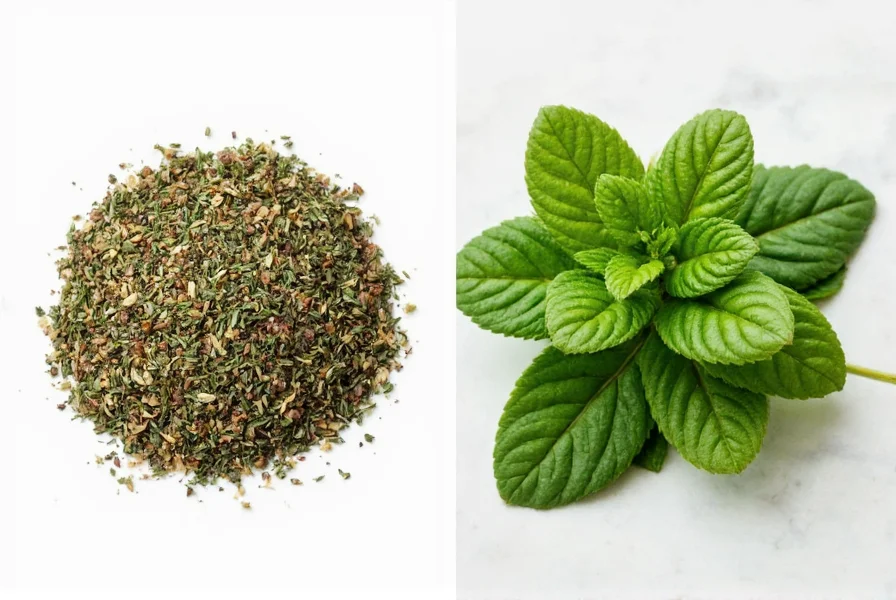
Top 5 USDA-Approved Storage Hacks
Follow these evidence-based storage methods recommended by the USDA:
- Use airtight glass or metal containers: Glass jars with rubber gaskets or stainless steel tins block air and moisture better than plastic.
- Store in complete darkness: Keep containers in a pantry or cabinet away from light. The USDA confirms light exposure reduces shelf life by 30-50%.
- Maintain consistent cool temperatures: Ideal storage is 50-70°F (10-21°C). Avoid temperature fluctuations.
- Label with purchase dates: Track freshness using the USDA's recommended 18-24 month guideline for most herbs.
- Freeze in vacuum-sealed bags: For long-term storage (up to 3 years), freeze herbs in moisture-proof bags after removing excess air.
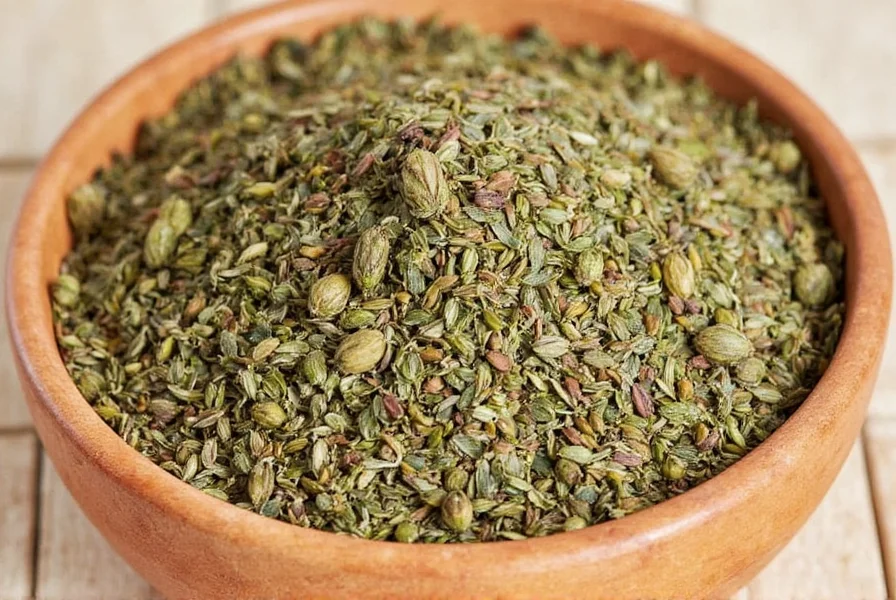
How to Test Herb Potency Safely
The USDA provides these simple tests to check herb quality without risking contamination:
- Smell test: Rub a pinch between fingers—fresh herbs release strong, characteristic aromas. Weak or musty scents indicate potency loss.
- Color check: Vibrant green (basil), deep red (paprika), or rich brown (cinnamon) colors indicate freshness. Faded or grayish hues mean reduced flavor.
- Taste test: Place a small amount on your tongue. If flavor is faint or bland, replace the herb. Never taste moldy or discolored herbs—discard immediately per USDA safety guidelines.
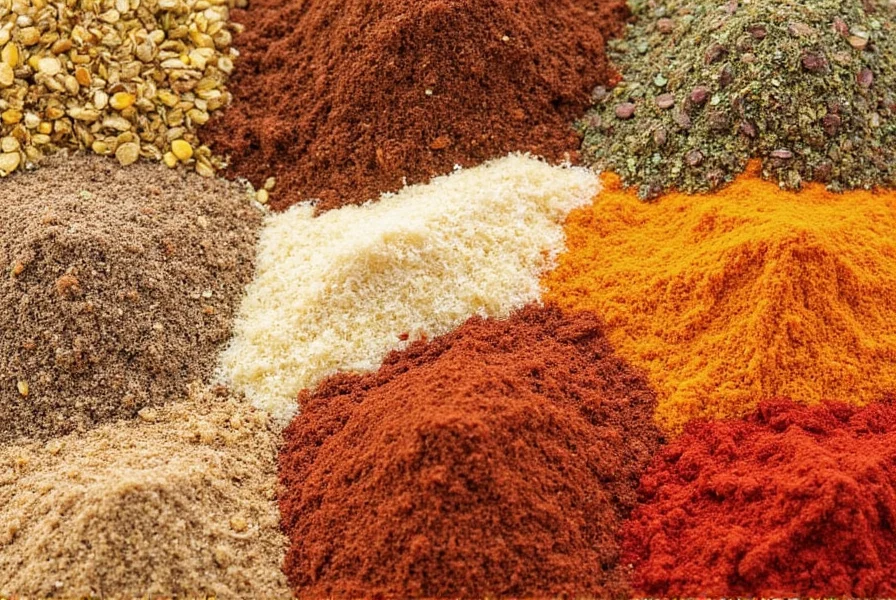
| Herb | USDA Recommended Shelf Life | Storage Method | Best For |
|---|---|---|---|
| Basil | 6-12 months | Airtight glass jar, cool/dark place | Italian dishes, pesto, tomato sauces |
| Oregano | 1-3 years | Vacuum-sealed container, freezer for long-term | Mediterranean cuisine, soups, stews |
| Parsley | 6-12 months | Opaque container, avoid humidity | Salads, garnishes, sauces |
| Thyme | 1-2 years | Dark glass jar, room temperature | Roasted meats, broths, marinades |
| Sage | 1-2 years | Metal tin, away from light sources | Stuffing, poultry, sausage dishes |
When purchasing, look for USDA-certified products with nitrogen-flushed packaging to extend freshness. Avoid bulk bins where herbs are exposed to air and light.
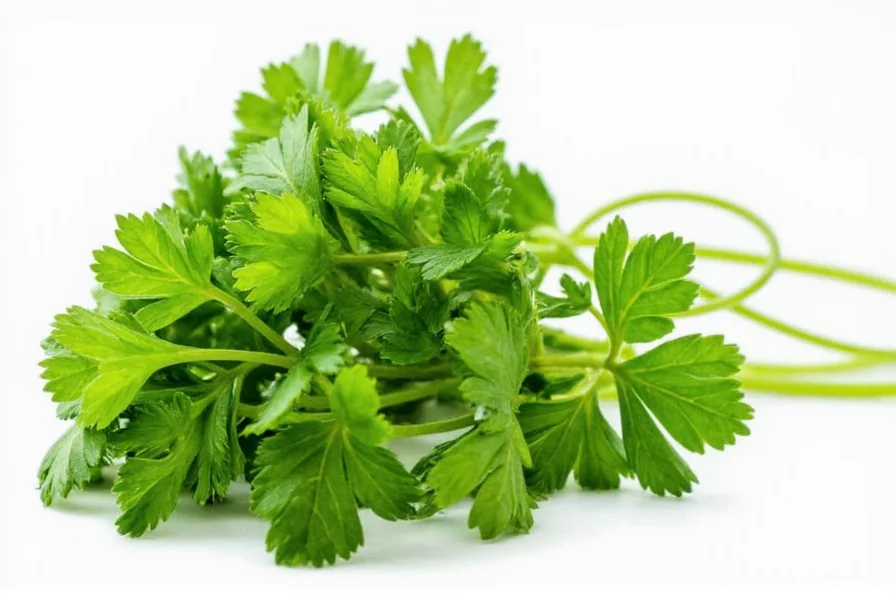
Frequently Asked Questions About Dried Herbs
Do dried herbs actually expire?
Yes, dried herbs lose potency over time but don't spoil like perishable foods. The USDA confirms they remain safe to consume indefinitely if stored properly, though flavor diminishes significantly after 1-2 years. Always check for mold or off-odors before use.
How long do dried herbs last before losing flavor?
According to USDA food science data: hardy herbs (oregano, rosemary) last 2-3 years, while delicate herbs (basil, dill) lose peak flavor in 6-12 months. Proper storage in airtight, opaque containers extends this timeline by 30-50%.
Can expired dried herbs make you sick?
No—if stored properly, dried herbs won't cause illness due to their low moisture content. However, the USDA warns that mold or dampness can develop in improperly stored herbs, which may produce harmful mycotoxins. Discard herbs showing any signs of mold or musty odors immediately.
How can I test if my dried herbs are still potent?
The USDA recommends three simple tests: 1) Rub between fingers to release aroma—strong scent indicates potency; 2) Check color vibrancy—faded herbs have lost flavor compounds; 3) Taste a pinch—flat or weak flavor means replacement is needed. Never taste discolored or moldy herbs.
What's the best container for storing dried herbs?
USDA-certified food storage guidelines specify airtight glass jars or metal tins as optimal. Clear glass should be stored in dark cabinets. Avoid plastic containers, which absorb flavors and don't fully block air. Always label with purchase dates to track freshness per USDA recommendations.
Can I extend the shelf life of dried herbs beyond two years?
Yes—freezing in vacuum-sealed bags per USDA guidelines can extend shelf life to 3 years for most herbs. However, frequent temperature changes introduce moisture, so portion herbs into small, single-use containers before freezing. The USDA advises against freezing herbs in standard plastic bags due to moisture risks.

Conclusion: Maximizing Herb Freshness
Proper storage is critical for maintaining dried herb quality. As confirmed by USDA food safety guidelines, controlling light, heat, moisture, and oxygen exposure extends potency for 1-3 years. While dried herbs won't spoil, their flavor degrades over time—regularly testing potency ensures your dishes always taste their best.
Remember: When in doubt, replace herbs older than 2 years. Investing in airtight, opaque containers and tracking purchase dates will save money and elevate your cooking. For more food safety guidance, consult the USDA Food Safety and Inspection Service.
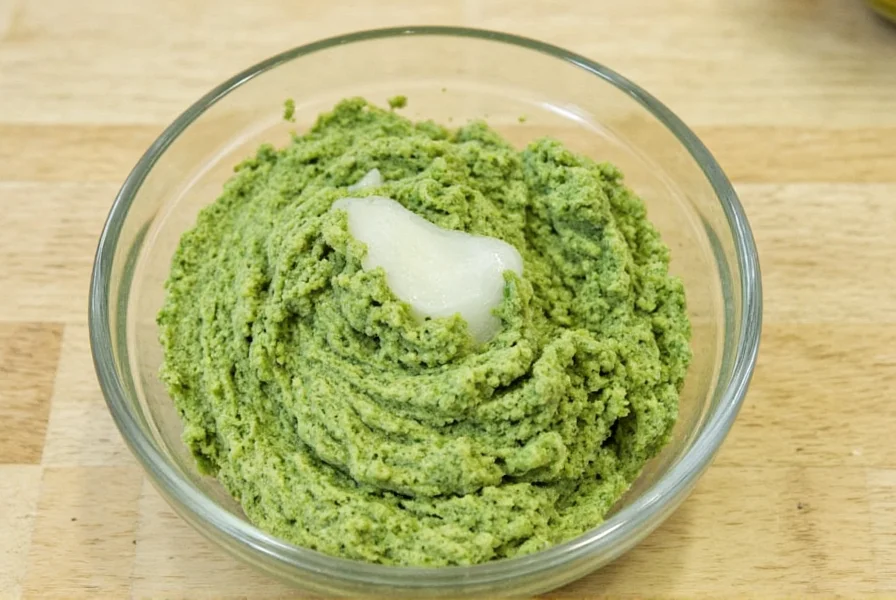










 浙公网安备
33010002000092号
浙公网安备
33010002000092号 浙B2-20120091-4
浙B2-20120091-4